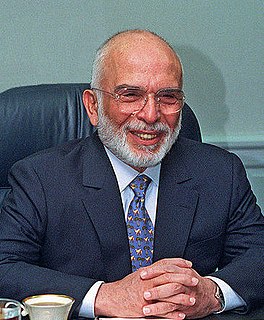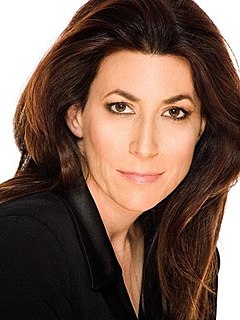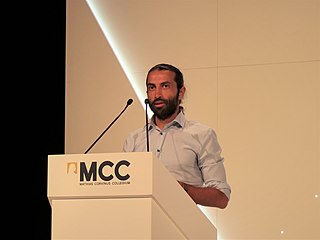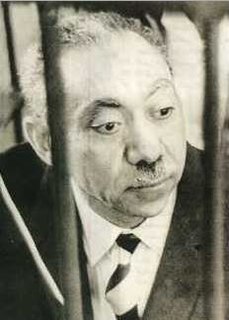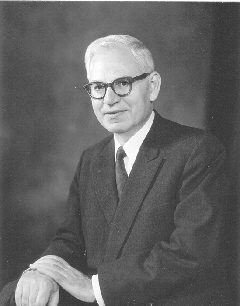A Quote by David Graeber
Free market ideology - does anyone know where it first comes from? It comes from medieval Islam, and specifically, Shari'a. Because Shari'a provided this commercial law that is independent from the state.
Related Quotes
There's crucial distinction that has to be drawn between the Shari'a, which is this hugely expansive vision of cosmic order that I've been describing, and principles of Islamic law, known in Arabic as "Fiqh" - a word that means understanding. If you're a devout Muslim, you don't argue against the Shari'a; the Shari'a is the path that God has laid down. But what you can do, and what people are doing all the time, is arguing over the correct interpretation of the Shari'a, arguing over the Fiqh. That's something that has been going on throughout Islamic history.
Shari'a is not just the Qur'an, you see Shari'a is comprised according to all the doctrines. There's consensus and analogy - argument by analogy. These are the four components in the Shari'a. An orthodox Sunni would not accept that the Shari'a was simply comprised of the Qur'an itself and actually there are people who say that it's heretical to believe that. They have to say that because if they don't say that then they would have to accept that, for example, stoning is not a punishment which appears in the Qur'an - it doesn't.
My background is such that I am uneasy about religious laws, I think there's always a real danger when you start appealing to a higher authority. It's self-righteousness, it's not righteousness, it's self-righteousness that takes control. But I think that it's absolutely crucial that that's not confused with the debate that takes place over Shari'a law in Great Britain at the moment. Because as far as anybody is concerned, when you talk about Shari'a courts now you're talking about - I don't know what people think.
I spoke to my father - my father's from Pakistan and he's also a lawyer - I said to him, "Well what does the Shari'a say?" And he said, "Well, of course it doesn't justify suicide bombs," but he didn't seem to know where the Shari'a came from or what it was all about. The more I asked people in my family as well as friends, the more I realized that there seemed to be widespread ignorance in the Muslim community. And that's something which I actually found to be the case over the next two and a half, three years I spent writing the book.
I didn't quite know whether I was writing for the non-Muslim or the Muslim, and at the end of the day I'm writing, I hope, for people who are interested, whatever their faith. Even if they don't have any faith. As a barrister I had certain advantages - I could think like a lawyer and I knew how all the laws were fitted together and all the rest of it. One of the things I realized pretty early on while I was writing book about Shari'a was that that was as much a hinderance as it was a help because the Shari'a isn't just a system of rules.
I realized that the ignorance was profound. I don't mean that in a pejorative sense, it's just that people didn't know what the Shari'a was, as such. They knew that it was something good. I should say perhaps that the Shari'a, etymologically in Arabic, means a desert path to water. It means a path towards salvation, in the seventh-century context, to the desert people. If you have a path to water, that's the path you want to take to get you where you want to get to; where you should get to. And that much was clear but beyond that people didn't know what the rules were.
One of the big problems in this field is that there's so much mystification that surrounds talk of the Shari'a, whether its saying that Islam is all about peace or whether its people saying that Islam is all about Jihad and all about suicide bombs. People will make statements which don't seem to be backed up by any sort of historical context.
The state which is regarded as the instrument for universalizing a certain religion must perforce be an ever expanding state. The Islamic state, whose principal function was to put God’s law into practice, sought to establish Islam as the dominant reigning ideology over the entire world….The jihad was therefore employed as an instrument for both the universalization of religion and the establishment of an imperial world state.



